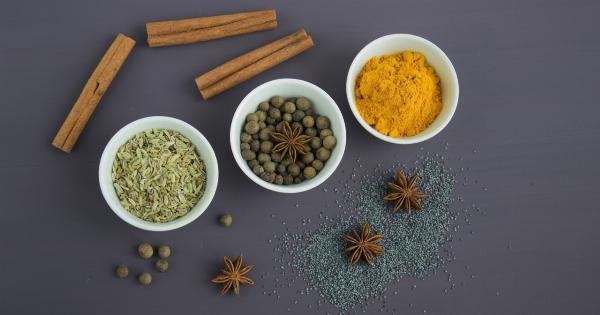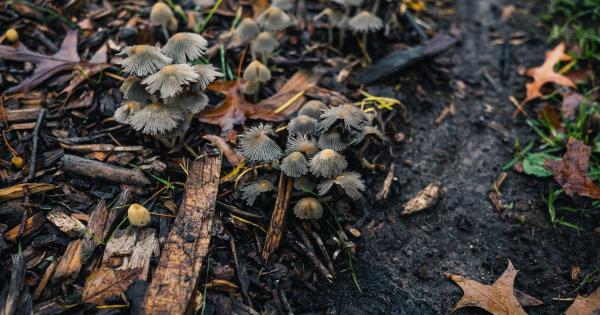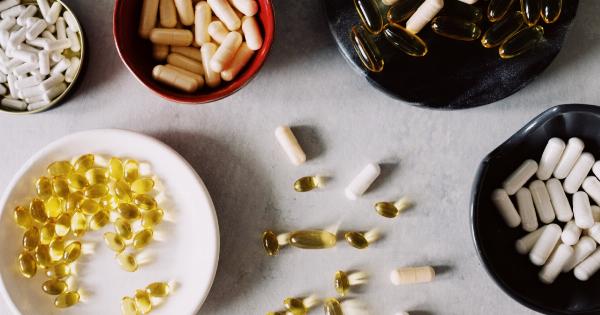Human papillomavirus (HPV) is one of the most common sexually transmitted infections worldwide. In most cases, HPV goes away on its own and does not cause any health issues.
However, some types of HPV can cause cancer, including cervical, anal, and oral cancers. According to the Centers for Disease Control and Prevention (CDC), nearly all sexually active individuals will contract HPV at some point in their lives.
Fortunately, there are many ways to prevent and treat HPV, ranging from vaccines to regular screenings to advanced medical treatments. One interesting alternative treatment that has gained attention in recent years is mushrooms.
A variety of mushrooms have been shown to have anti-HPV properties, and ongoing research is exploring their potential to act as a natural cure.
What are mushrooms?
Mushrooms are a type of fungi that grow above ground. They come in many shapes and sizes, and can be eaten raw, cooked, or used as a supplement in capsule or powder form.
Mushrooms are an excellent source of nutrients such as protein, fiber, and vitamins B and D. There are thousands of different species of mushrooms in the world, and many are used in traditional medicine to treat a wide range of conditions.
Anti-HPV properties of mushrooms
A growing body of research has found that certain types of mushrooms have properties that can help fight HPV and prevent its associated health problems. Some of the most promising anti-HPV mushrooms include:.
1. Reishi mushroom
Reishi mushroom is a type of adaptogenic mushroom that has been used in traditional Chinese medicine for centuries. Research has shown that reishi mushroom may have anti-tumor, anti-inflammatory, and anti-viral properties.
One study found that reishi mushroom extract was effective against HPV-16, a strain of HPV that is associated with cervical and other types of cancer.
2. Turkey tail mushroom
Turkey tail mushroom is a type of mushroom that grows in a fan shape and has a distinct striped pattern on its cap. Like reishi mushroom, turkey tail has been used in traditional medicine for centuries.
Researchers have found that turkey tail mushroom contains compounds that can stimulate the immune system and may help fight HPV-related cancers.
3. Maitake mushroom
Maitake mushroom is a type of mushroom that grows in clusters and is commonly used in Japanese cooking. Research has shown that maitake mushroom may have anti-tumor, anti-inflammatory, and immune-stimulating properties.
A study published in the journal Bioorganic & Medicinal Chemistry found that maitake mushroom extract was effective against HPV-16 and may have potential as a treatment for HPV-related cancers.
4. Cordyceps mushroom
Cordyceps mushroom is a type of parasitic fungus that grows on caterpillar larvae in the Himalayas. Cordyceps mushroom has been used in traditional Chinese medicine to treat a variety of conditions, including respiratory and kidney disorders.
Research has shown that cordyceps mushroom may have anti-tumor, anti-inflammatory, and immune-boosting properties. A study published in the journal BMC Complementary and Alternative Medicine found that cordyceps mushroom extract was effective against HPV-16 and may have potential as a treatment for HPV-related cancers.
5. Shiitake mushroom
Shiitake mushroom is a type of mushroom that is commonly used in Japanese and Chinese cooking. Shiitake mushroom has been found to have anti-tumor, anti-inflammatory, and immune-stimulating properties.
One study published in the journal Biomedical Reports found that shiitake mushroom extract was effective against HPV-16 and may have potential as a natural treatment for HPV-related cancers.
How to use mushrooms to fight HPV virus
If you are interested in using mushrooms to fight HPV, there are several ways to incorporate them into your diet. Mushrooms can be eaten raw, cooked, or used as a supplement in capsule or powder form. Some of the best ways to enjoy mushrooms include:.
1. Mushroom tea
Mushroom tea is a popular way to consume mushrooms in traditional medicine. Simply simmer chopped mushrooms in water for several hours, strain, and drink the resulting tea. You can mix different types of mushrooms for a more potent anti-HPV effect.
2. Mushroom stir-fry
Mushrooms can be cooked in a stir-fry with other vegetables and spices. This is a delicious and easy way to eat mushrooms regularly for their health benefits. Try making a stir-fry with shiitake mushrooms, bell peppers, garlic, and ginger.
3. Mushroom supplements
If you do not enjoy eating mushrooms, you can take mushroom supplements in pill or powder form. Look for high-quality supplements that contain extracts from the mushrooms listed above for the best anti-HPV effect.
Conclusion
Mushrooms are a delicious and nutritious food that also has anti-HPV properties.
Research has shown that certain types of mushrooms, including reishi, turkey tail, maitake, cordyceps, and shiitake, may have the potential to help fight HPV and prevent related health problems. Whether you enjoy eating mushrooms or prefer taking supplements, incorporating mushrooms into your diet is a natural and effective way to support your overall health and well-being.





























